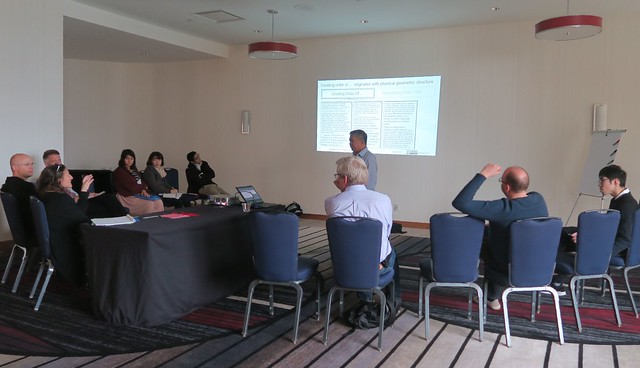West Churchman (1913-2004) was a Ph.D. supervisor to some luminaries in the systems sciences, including Russell L. Ackoff, Ian Mitroff, Harold G. Nelson and Werner Ulrich. Churchman’s 1979 book, The Systems Approach and Its Enemies, is unfortunately out of print, and is only readable on the web if you already have the text to search on. Here, some excerpts will be surfaced that may encourage readers to seek a copy in a local library.
Preface
[….] This book is just another step in the search for the meaning of generality, in this case a general design of social systems.
There are lots of themes that can be used to describe this search. Perhaps the best one is the discovery that the usual dichotomy of x or not x never seems to display the general, because neither of the above is always so prominent an aspect of the general social system. Thus there is an immense part of social systems reality that is none of the following popular dichotomies in the current literature: rational-irrational, objective-subjective, hierarchical-nonhierarchical, teleological-ateleological, deductive-nondeductive reasoning (for example, inductive or dialectical), ineffable-effable.
In the text I have used the word enemy to connote this immense land of social systems that has remained largely unexplored by “hard” systems analysts, who thereby reveal a distinct softness of living by avoiding the dangers of exploring unmapped lands. [p. xi]
01 On Systems and Their Design
This first chapter is intended to show that the proper design is not a simple matter of fixing up some messes within the system.… Read more (in a new tab)



